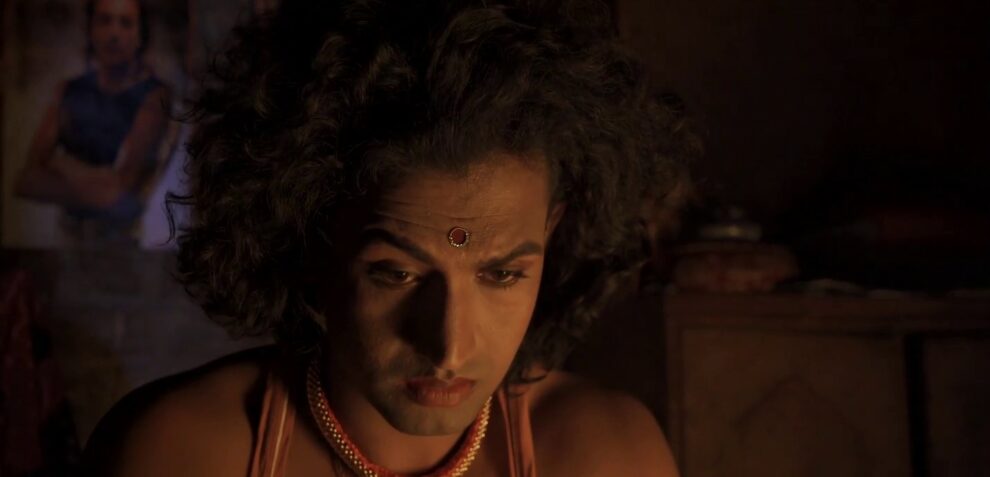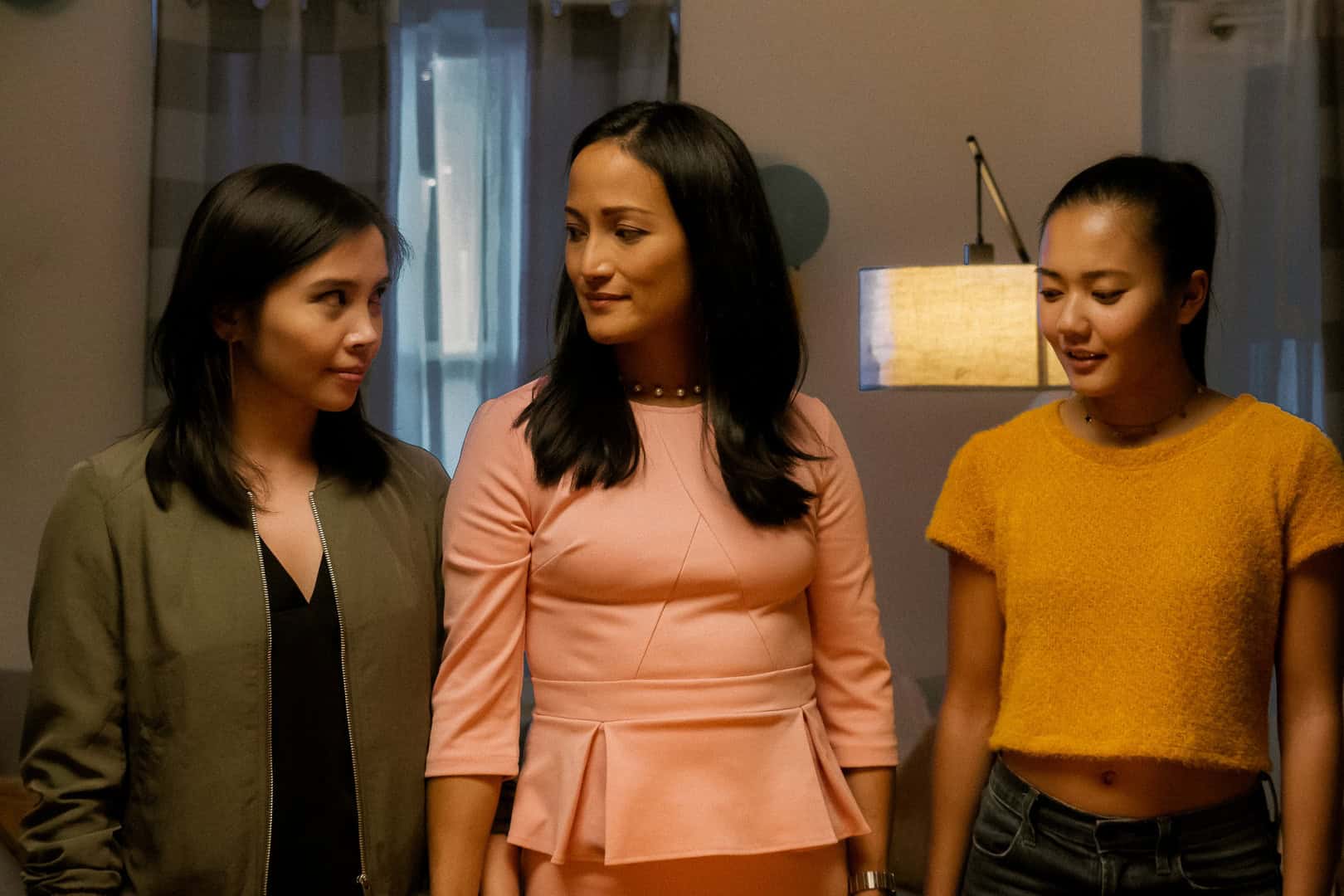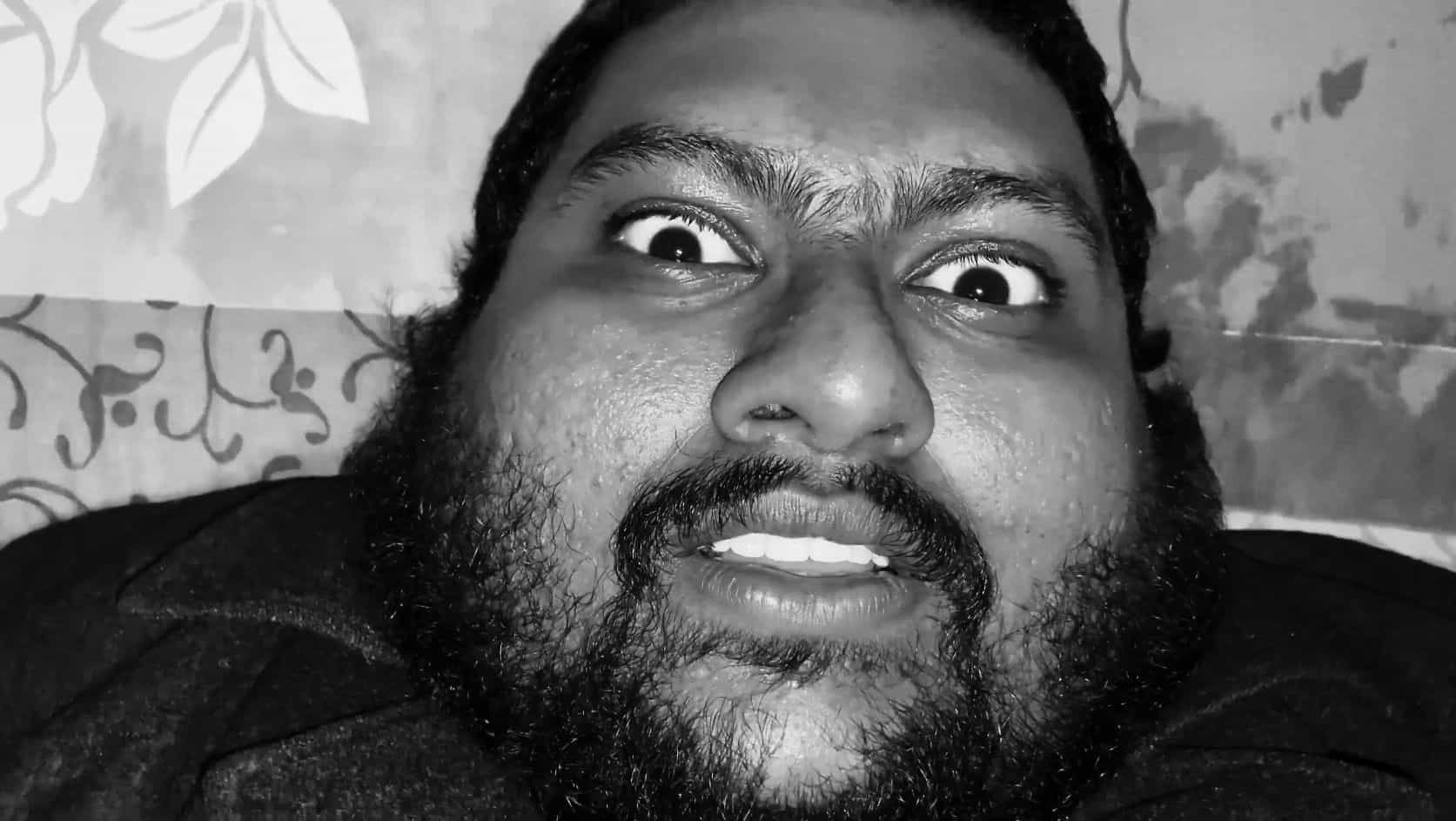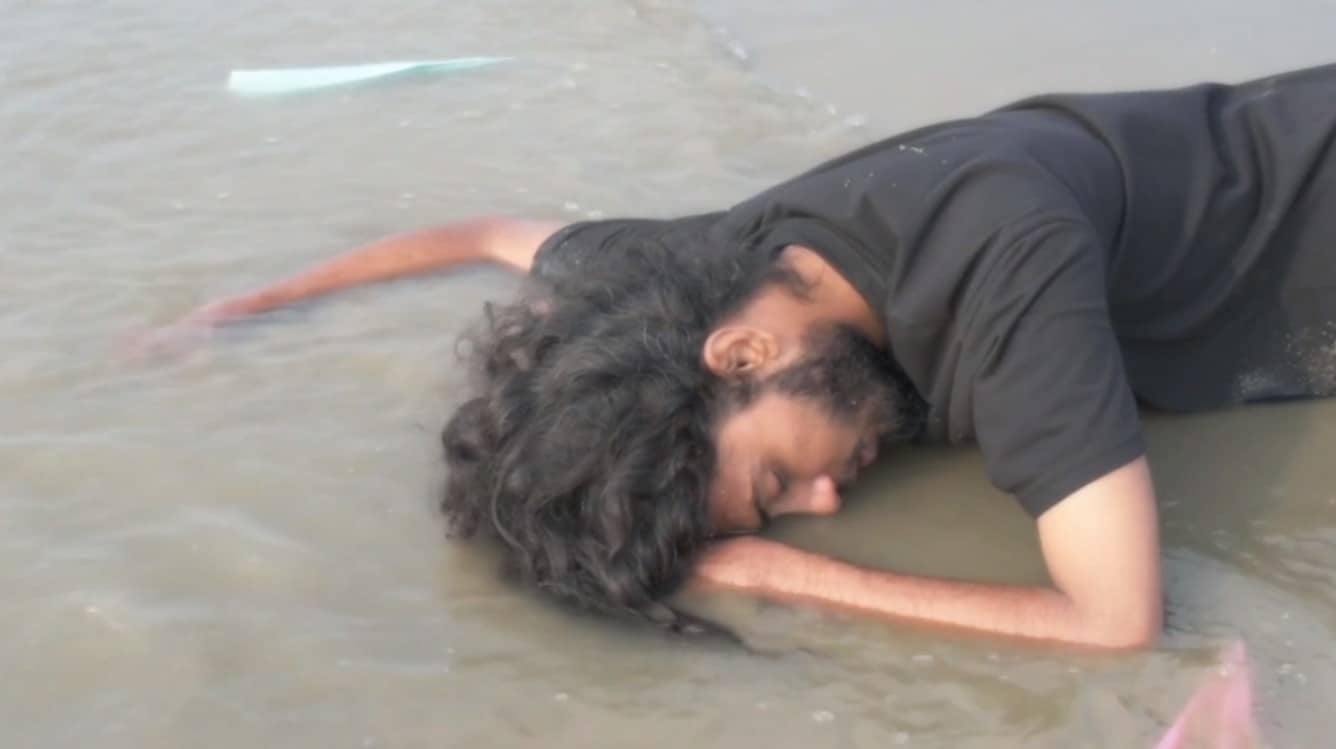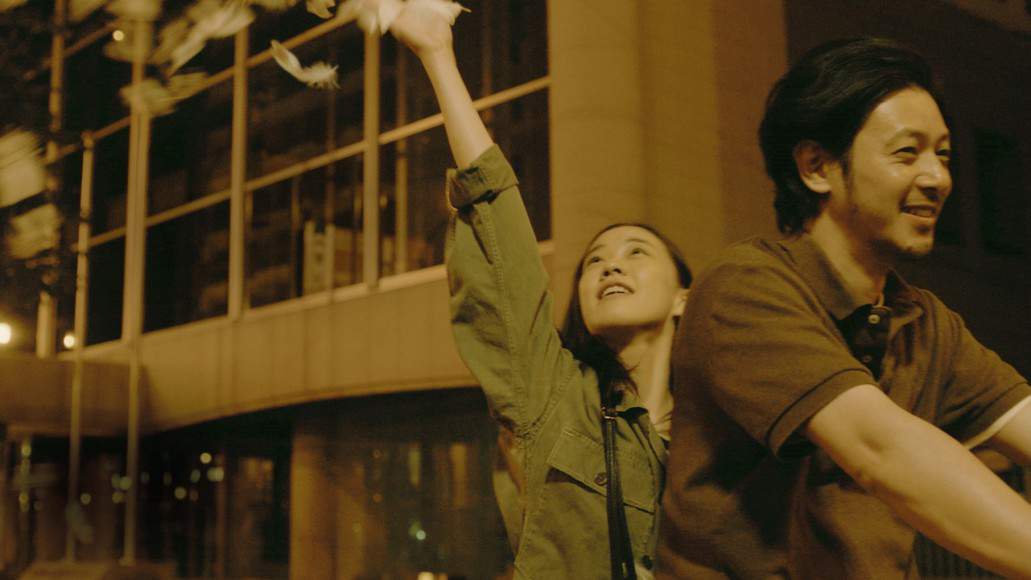Shinde's sophomore feature tells the story of Valli (Deva Gadekar), a forced disciple of a Jogta community. In said community, the members' life goal is to serve a Hindu goddess. When it is considered the right time, the disciples, assigned male at birth, ought to adopt a female appearance. As their religious identity is usually discovered early on, many Jogtas, like the protagonist, are forced by family and fellow villagers into this world of goddess disciples. On the one hand, they receive social reverence because they are seen as capable of giving blessings. On the other, they have few economic opportunities and are subject to the abusive hypocrisy of the village. And that is just the case for Valli.
Valli is screening at Singapore International Film Festival

After a decade as a disciple, he realizes that he lives more comfortably as his natural male self and feels trapped in a custom that causes him a lot of trouble. He is the victim of physical assaults, social mockery, public persecution, and abusive behaviors from the members of the community. In fact, he states that when on stage or giving blessings, he's well-respected and appreciated by the villagers, but once on his own, they mock him and treat him like a “zombie”. Not to mention that he cannot work or indulge in certain activities, as the villagers think that if something happens to him, they might get cursed by the Gods. Valli wishes more and more every day to escape from the village, as he fears for his safety and doesn't feel like his true self in the constrained female role of a Jogta disciple.
Check also this interview
Wishing to put behind himself a life that he doesn't feel his own, he plots his escape with Tara (Varshaa Sunil Ajit), the only person he feels safe around. Both from a sad and abusive backstory, Tara and Valli find solace in each other while surviving their miserable life in the village. Her mother ran away from the village due to a love affair, borrowing a large amount of money from the village scoundrel. She is deep in debt because of her mother and the people close to her want her to get married at all costs. Although burdened by the debt, Tara still treasures her motherly figure and holds dear everything belonging to her.
Manoj Shinde's film tackles unconventional topics while dwelling on diverse difficulties lived not only by Jogtas but by Indian villagers as well. Poverty, violence, freedom and religious identity represent the story's core. At the center of the narration, there's the character of Valli, who embodies the necessity to live as one wishes. Through the protagonist's depiction, the director gives life to an original story whose new perspectives and genuine nature make it a particularly outstanding tale of freedom.
Deva Gadekar's captivating performance portrays Valli's fierce and caring nature and the struggles he experiences far from the religious and reverent spotlight. Accompanied by Varsha Malwadkar's acting, the pair shows strong chemistry on screen. But, of course, both actors also provide convincing performances on their own, as they were naturally suited for their respective roles.
Moreover, “Valli” draws in the audience through engaging photography and intense sound choices. Alternating the narration with live performances of traditional songs by the protagonists, one encounters the duality of rural and traditional Indian customs. The imagery is simultaneously crude and tender, depicting Valli's outward and inward life's appearance. It highlights significant social subjects, such as the condition of a Jogta, who faces constant and hypocritical discrimination from the same people they bless daily, whether they enjoy their social status or not. Through its slow and attentive pace, the movie accompanies the protagonist's journey by exposing the village mentality and the struggles and duties of the people around him.
More than the subject of gender identity, “Valli” mainly focuses on religious trauma and struggling village life. The protagonist lives with the burden of responsibilities and an identity that does not fit him at heart, of which he also has to bear the traumatic consequences. In other words, the film is about being true to oneself and facing with fierceness new possibilities to find a better future. Manoj Shinde's film is a perfect example of genuine and brave narration, giving the appropriate nuance to the main characters' identities and storylines.


